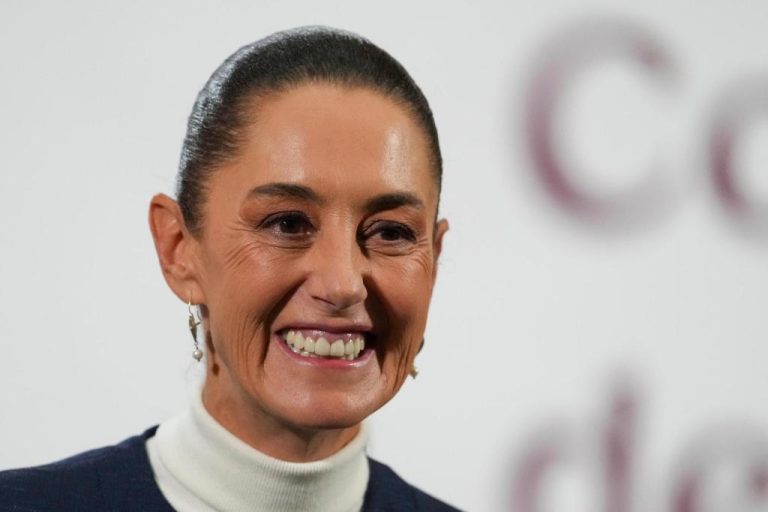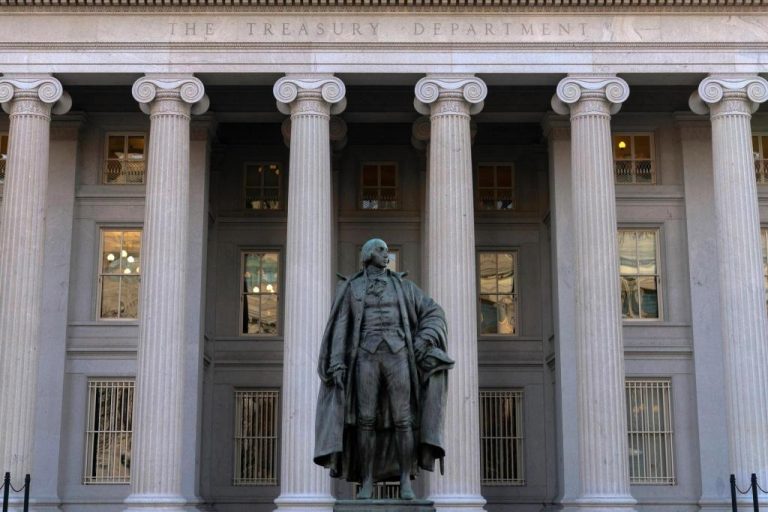
Before her death in late 2018, former La Jolla resident Jeane Bertsch modified her roughly $4 million trust on three occasions.
The first amendment put her niece in control of the trust upon Bertsch’s death and in line for millions of dollars — a huge increase from the $50,000 earmarked in the initial terms of the trust. But then the women had a falling out, and Bertsch hand wrote two additional trust amendments that completely disinherited the niece.
When Bertsch died, the niece sued, arguing she was the rightful control person of her aunt’s assets because the handwritten amendments that left her out didn’t follow proper regulations for modifying a trust.
Earlier this month, the California Supreme Court ruled against the niece, Brianna McKee Haggerty, finding that Bertsch’s later amendments that disinherited Haggerty were valid. The opinion, which resolved differing rulings in lower courts, established a new precedent that broadens the way California residents can modify trusts without as much worry that legal red tape will hinder their wishes from being carried out after death.
“I think it’s a significant win for common sense,” said attorney Sean McKissick, who specializes in trust and estate disputes as partner at the firm Downey Brand and who was not involved with the litigation. “It makes it simpler, easier for you to change your trust and there’s a better chance it ends up what you want it to be.”
Roland Achtel, a San Diego-based trusts and estates attorney at Higgs Fletcher & Mack who argued the case in front of the state Supreme Court, said the ruling is especially significant as baby boomers continue to age and prepare to pass down a huge amount of wealth to younger generations.
Achtel said he’s seen a “significant increase” in trust disputes in recent years due to elderly financial abuse and manipulation, and this opinion will help courts make sure they can rule in such cases in line with the true intentions of the person who established the trust.
“The big takeaway is that this decision gives us more flexibility so we have a better chance of following their wishes,” Achtel said. “We have a better shot at getting it right.”
The case at the center of the precedent-setting opinion involved the trust established by Bertsch, a longtime San Diego resident who lived her final few years in Chicago.
According to court records in the case, Bertsch created the revocable trust in 2015 and initially named a San Diego accountant and professional fiduciary as the trustee in the event that Bertsch became incapacitated or died. The trust laid out that Bertsch, who had no children and whose husband had died in 2011, would leave varying amounts of money for friends and family members, including $50,000 for Haggerty. The rest would be given to the Union of Concerned Scientists and the San Diego Humane Society.
Bertsch drafted an amendment in 2016 that named Haggerty as the new trustee in the event of her death. The amendment also specified that Haggerty should receive more money — likely several million dollars.
But according to records from the case, Bertsch and Haggerty had a falling out the next year over a plan for Bertsch to move back to La Jolla. According to Patricia Galligan, Bertsch’s former estate planning attorney, the dispute centered around arrangements Bertsch made to have Haggerty and Haggerty’s husband also move to La Jolla from out of state to help care for her.
Galligan wrote in a sworn court document that Bertsch planned to pay for living expenses for Haggerty and her husband, but just before the planned move, Haggerty asked for extra compensation for caregiving services since she and her husband would both be out of work. “(Bertsch) was very upset with what she viewed as an eleventh-hour change in the arrangement … and as a result the planned move never occurred,” Galligan wrote.
Shortly thereafter, Bertsch told Galligan that she destroyed the first trust amendment — the one that left much of her estate to Haggerty — with the intent to revoke it. She then hand wrote the two amendments that disinherited Haggerty and sent them to Galligan. Though they were not notarized, Galligan said they were signed, dated and matched Bertsch’s hand writing.
Haggerty challenged the validity of those handwritten amendments after Bertsch’s death. A probate judge in San Diego ruled the amendments were valid, as did the 4th District Court of Appeal. So Haggerty appealed her case to the state Supreme Court.
The legal question at the heart of the case was whether Bertsch’s amendments were valid even though they did not follow the method for modification laid out in the original trust. The Supreme Court came to the conclusion that the amendments were valid because even though Bertsch’s trust contained language specifying how modifications should be made, it didn’t say that was the exclusive way to modify it.
Previous rulings by appellate courts had come to different conclusions. In one case, a man had intended to modify his trust, leaving a signed copy of an amendment with his trust papers when he died. But his trust had a provision that the exclusive way to modify it was to send the amendment through certified mail. Because the man had not mailed the amendment to himself, the courts ruled it was invalid.
Achtel, the San Diego attorney who represented the Union of Concern Scientists, to whom Bertsch left half of her estate in the final amendment, said Bertsch’s trust did not contain the same exclusive language and there was “no doubt she intended this change.”
He and the attorneys representing the other inheritors of Bertsch’s estate argued that the more lenient rules for modification were what state legislators had intended when crafting this portion of the probate code in 1986. The Supreme Court agreed.
Mitchell Keiter, a Los Angeles appellate specialist who represented Haggerty at the Supreme Court, wrote in an email that “it would have been very easy for the Legislature” to craft the language that way if that was its intent. But he wrote that because of the disparity in the language dealing with trust revocations and trust modifications — another key but legalese-heavy part of the ruling — “we believed … like most courts considering the question … that the Legislature prescribed some difference between the two.”
Haggerty’s attorneys also argued that easing the restrictions on trust modifications will make it easier for “an unscrupulous caretaker or counsel … to usurp an elder’s assets.”
Achtel and McKissick acknowledged that concern, but said that undue influence and manipulation have always been concerns even under the old interpretation of the law. Achtel said trusts and estates attorneys already have the means to fight forgeries and undue influence.
“There are all kinds of tools we use to attack changes in wills, trusts and other documents when there is an issue with potential manipulation,” Achtel said. “What we want is the flexibility to carry out the person’s true wishes.”
McKissick agreed.
“The potential for harm from this decision,” he said, “is nothing compared to the potential for good.”





